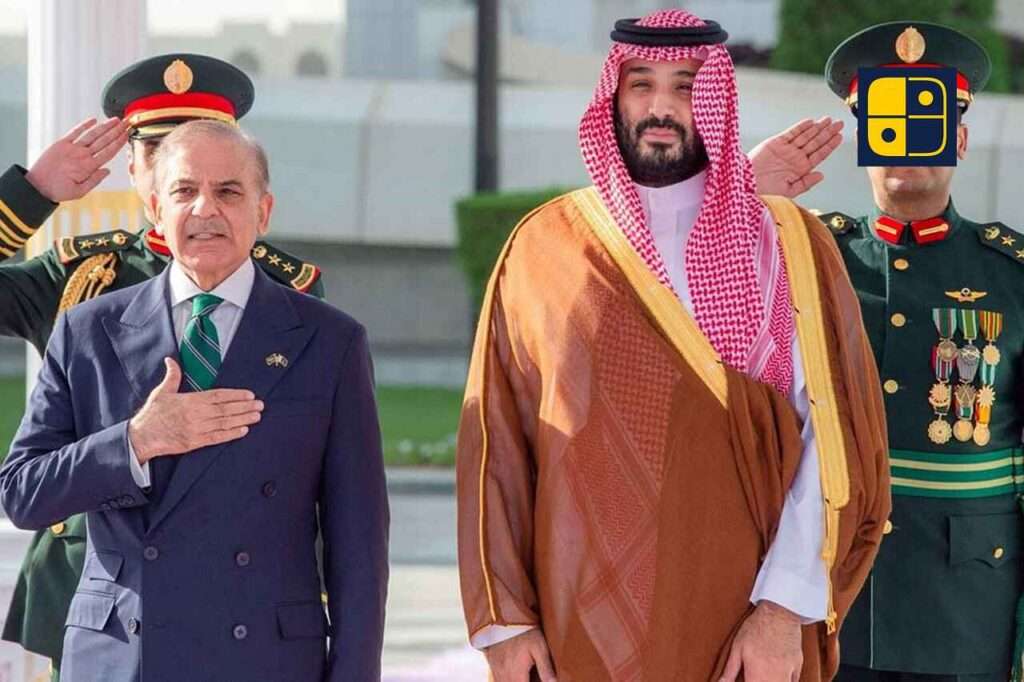Recently, Saudi Arabia and Pakistan established a strategic defense agreement that formalizes years of informal military cooperation. The agreement includes collective defense against external threats, intelligence sharing, joint military exercises, and also potentially nuclear deterrence, as Pakistan has expressed its willingness to provide Saudi Arabia access to its nuclear arsenal. Pakistan has historically supported Saudi security during national security crises, such as the Yemen civil war and the seizure of the Grand Mosque in 1979. Additionally, Saudi funding has expanded Pakistan’s military and nuclear capabilities.
The signing of the agreement comes in the wake of Israel’s hostilities in Gaza and attacks in Qatar, demonstrating Saudi Arabia’s awareness to extend its regional interests with limited support from the United States, as some sources say in West Asia and the Middle East. This agreement increases Saudi Arabia’s deterrents against Israeli aggression, Iranian influence, and regional entities such as the Houthis and their threats. Importantly, this might provide Pakistan with a source of access to Saudi funds and strategic support.
As for India, the implications of the agreement are minimal. India currently has a close relationship with Saudi Arabia, characterized by extensive social, economic, and strategic ties, such as the large Indian diaspora and trade relations, and ongoing cooperation on counterterrorism. Saudi Arabia constructed a seemingly balanced relationship with India following 2010, and given the stakes associated with economic and defense partnerships, it seems unlikely that the agreement between Saudi Arabia and Pakistan will have any potential direct consequences for India. Should there be any escalation in aggression between India and Pakistan, Saudi Arabia may seek to mediate the situation, but it would be reasonable to presume this mediation would come from Pakistan requesting Saudi mediation in the context of Saudi-Pakistan relations.

